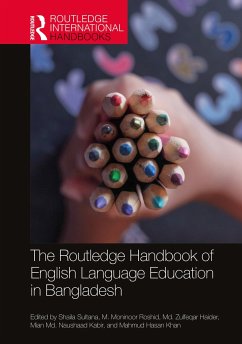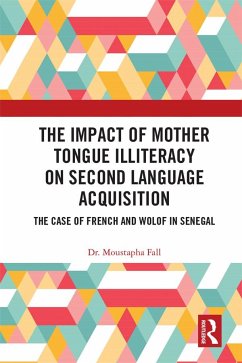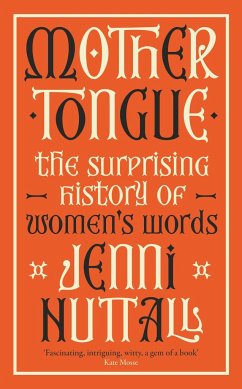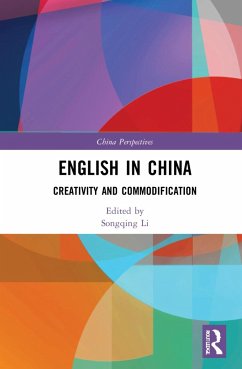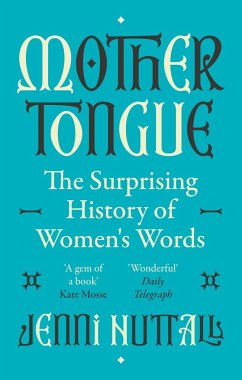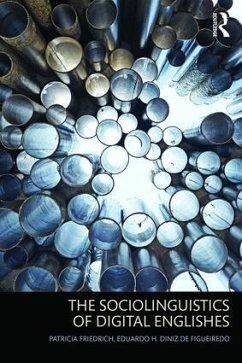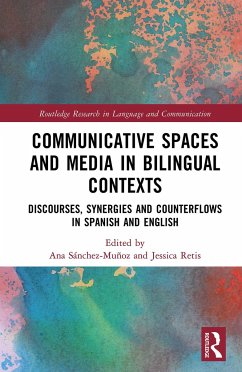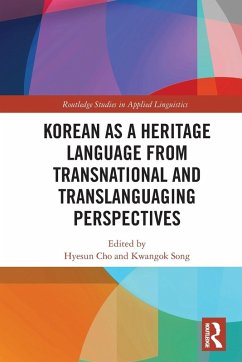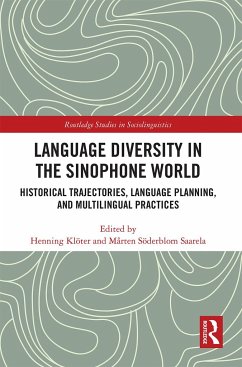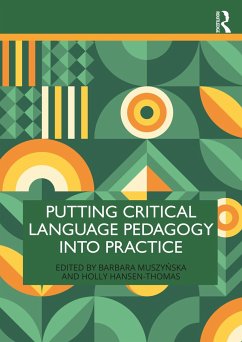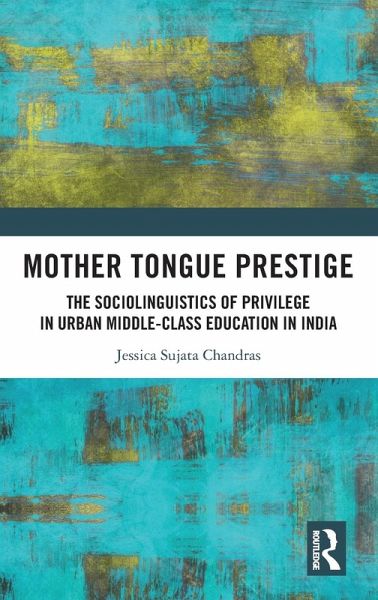
Mother Tongue Prestige
The Sociolinguistics of Privilege in Urban Middle-Class Education in India

PAYBACK Punkte
77 °P sammeln!
This book studies the intersection of language and social privilege in education in India. Drawing on rich ethnographic detail and primary data, it introduces a conversation of privilege, specifically contemporary configurations of caste and socioeconomic class in India, to the fields of South Asian studies and sociolinguistic educational studies. The author examines how and why education at the pre-primary, secondary, and higher education levels in India remains largely segregated by socioeconomic class and caste through the lens of language. She advances fields of study of multilingual educa...
This book studies the intersection of language and social privilege in education in India. Drawing on rich ethnographic detail and primary data, it introduces a conversation of privilege, specifically contemporary configurations of caste and socioeconomic class in India, to the fields of South Asian studies and sociolinguistic educational studies. The author examines how and why education at the pre-primary, secondary, and higher education levels in India remains largely segregated by socioeconomic class and caste through the lens of language. She advances fields of study of multilingual education, language ideologies, and complexities between language and identity to contribute to work on language and privilege in education by providing a novel and contemporary case from India. The book also critiques contemporary caste configurations in India that uphold urban middle-class Brahmins as the socially privileged purveyors of social and linguistic norms.
Mother Tongue Prestige parses out threads of motivation, perceptions of education, and aspirations tied to language use and learning that shape generations of students in an educational system preparing them for a globalized workforce and urban, multilingual livelihoods in India and abroad. It will be an indispensable resource for students and researchers of education, language, sociology, sociology of education, linguistics, sociolinguistics, and South Asian studies.
Mother Tongue Prestige parses out threads of motivation, perceptions of education, and aspirations tied to language use and learning that shape generations of students in an educational system preparing them for a globalized workforce and urban, multilingual livelihoods in India and abroad. It will be an indispensable resource for students and researchers of education, language, sociology, sociology of education, linguistics, sociolinguistics, and South Asian studies.





